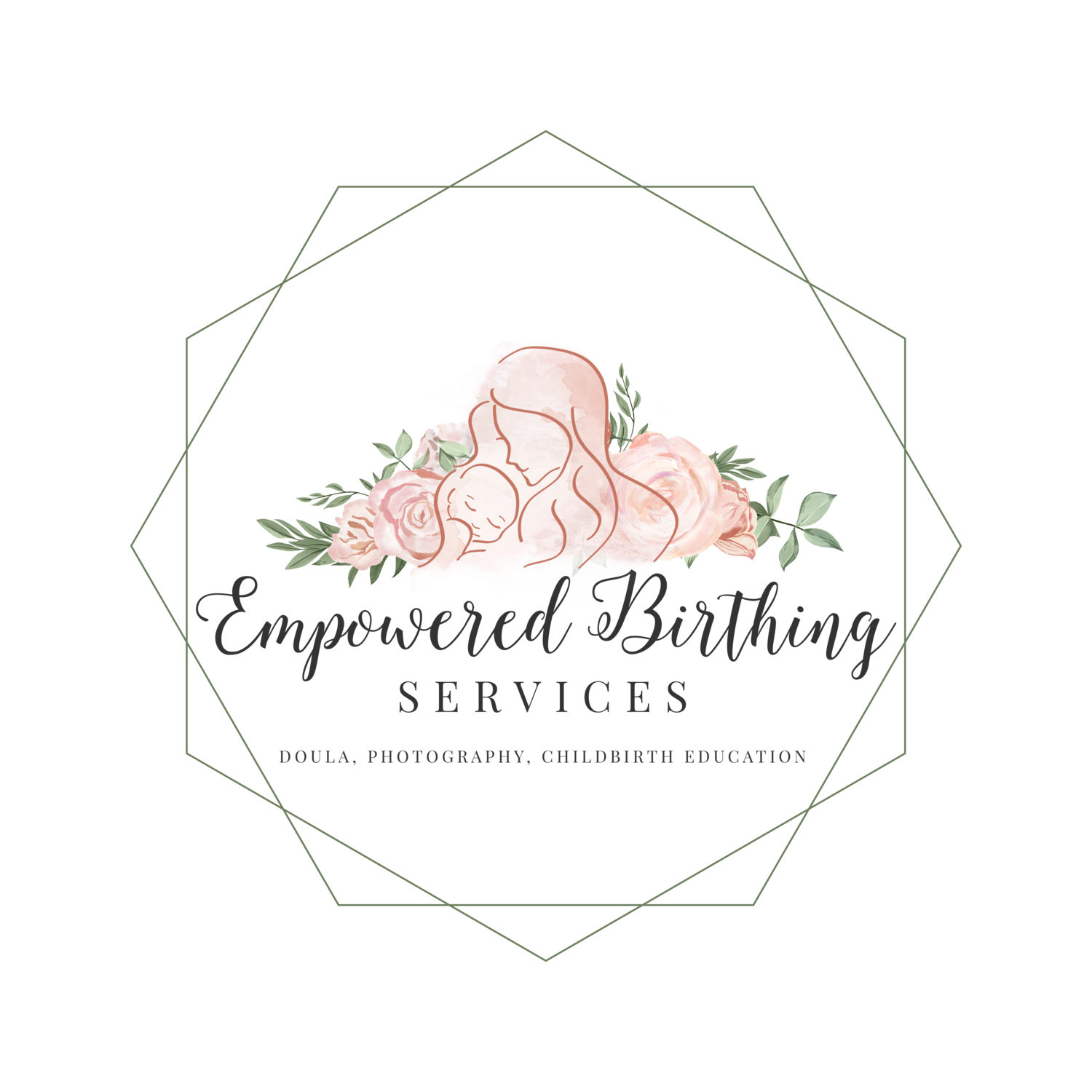It is International Day of the Midwife so I would like to take a moment to send my appreciation to all the midwives out there who are working tirelessly to normalize birth. I love midwives. I loved giving birth with midwives and I love working with midwives as a doula. When I first chose to give birth at a freestanding birth center, I don't think I had a whole lot of expectations about what midwifery care would look like, I just knew I wanted a natural, non-hospital birth. But I soon realized the care I received there (and this was a big, busy birth center) was different than any doctor's office I had been at. My care was so personal and individualized. I was always given options and expected to take the lead in my decisions. There was never a sense of "well this is just the way we do things." I got to know each of the midwives and they got to know me, and after my last postpartum visit, I began to miss my time there (Who ever misses going to the doctor?) And at my births, I felt wonderfully supported, encouraged, and lovingly cared for. It is because of their care that I eventually chose to become a doula, and perhaps one day, I'll journey down the midwifery path myself.
I think this chart about the midwifery model of care sums it up well.
The Midwife Model of Care
Definition of Birth
- Birth is a social event, a normal part of a woman's life.
- Birth is the work of the woman and her family.
- The woman is a person experiencing a life-transforming event.
Birthing Environment
- Home or other familiar surroundings.
- Informal system of care.
Philosophy and Practice
- See birth as a holistic process.
- Shared decision-making between caregivers and birthing woman.
- No class distinction between birthing women and caregivers.
- Equal relationship.
- Information shared with an attitude of personal caring.
- Longer, more in-depth prenatal visits.
- Often strong emotional support.
- Familiar language and imagery used.
- Awareness of spiritual significance of birth.
- Believes in integrity of birth, uses technology if appropriate and proven.
If you have a low-risk pregnancy, consider choosing midwifery care for your pregnancy and birth, whether you choose a hospital or out-of-hospital birth.
Samantha, the midwife who caught my firstborn
The Medical Model of Care
Definition of Birth
- Childbirth is a potentially pathological process.
- Birth is the work of doctors, nurses, midwives and other experts.
- The woman is a patient.
Birthing Environment
- Hospital, unfamiliar territory to the woman.
- Bureaucratic, hierarchical system of care.
Philosophy and Practice
- Trained to focus on the medical aspects of birth.
- "Professional" care that is authoritarian.
- Often a class distinction between obstetrician and patients.
- Dominant-subordinate relationship.
- Information about health, disease and degree of risk not shared with the patient adequately.
- Brief, depersonalized care.
- Little emotional support.
- Use of medical language.
- Spiritual aspects of birth are ignored or treated as embarrassing.
- Values technology, often without proof that it improves birth outcome.

